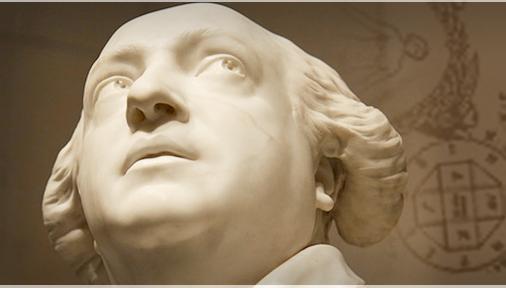Masonic Etiquette is very much an unpublished as well as an unspoken code of behaviour and therefore it can only be learnt in time or through observation.
But in general it is expected that a Freemason exhibits ,at the very least and from his initiation, a decorum that is appropriate in polite societies, before s0meone should have to explain his errors.
The Master in charge of his Lodge for the terms of 12 months is the most powerful of the member as he has the authority to:
- rule any Brother who is out of order on any subject and at anytime.
- decide on what can and cannot be discussed.
- if a Brother insists on speaking after the Master has ruled that he is out of order, he may be committing a Masonic offence
- Courteous brethren accept the requests made by the Master to serve in various committees as determined by the Lodge’s need
The following items are not Masonic official offences but a display a lack of Masonic etiquette. In other words they are considered to be “bad form” or “bad manners”
- WALKING BETWEEN THE ALTAR AND THE WORSHIPFUL MASTER
As a courtesy to the Worshipful Master, Brethren are not allowed to pass between the Altar and the East when the Lodge is open. The “eternal light and wisdom” which the Worshipful Master represents in the Lodge room should never be put in the shadow, not even for a second, while a Degree work is taking place.
- SITTING IN THE EAST
Brethren do not take a seat in the East without an invitation, even if all other seats are full. While in the tiled room all Brethren may be equal to one another, all lodge officers have studied and contributed hard to be in their offices. It is the Worshipful Master’s prerogative to recognise their devotion and loyalty and therefore to honour them with an invite to sit in the East with him.
In other words: if you were in your centre of cult and all available seats or places were full, would you go uninvited to sit beside the Priest, Rabbi, Imam etc ? Note that this rule will also apply to the sitting at the Festive Board.
- ALWAYS FULLY DRESSED
Brethren do not enter the Lodge room without their apron already on. The formalities of the Lodge demand that a Brother should enter the Temple only fully dressed and ready for the labour. Therefore when you pass by the Tyler and enter the Lodge room, ensure that all is as it should be.
- STAND WHEN YOU SPEAK
No one sits while speaking in the Lodge room, no matter if he addresses an officer or another Brother. While the Worshipful Master when elected gains no personal special honour, it is to the Worshipful Master that a member stands to address. It is just a form of respect!
If you wish to address the audience, you will stand so all may see who you are and request permission to speak from the Worshipful Master.
- TALKING
Talking to the Brother sitting next to you while a degree is being worked is considered bad manner! The Lodge room is the Temple of the G.A.O.T.U., just like your Church or place of cult is of your God. Talking – even whispering! – without asking to do so shows irreverence for the proceedings. God’s house is not for social conversation but for worship and for learning the lessons of the day.
Unless of course you have requested the Worshipful Master’s permission to speak. Therefore if you have something of interest to say, raise your hand and when the Worshipful Master recognises you, stand up and salute.
To address the Brethren, you must begin with [1] : “Worshipful Master, Wardens and Brethren” ……
- SPEAKING
If you wish to offer a motion or discuss a matter , advise the Worshipful Master, in private, before the Lodge is open. It is an important courtesy to him because the Worshipful Master may have plans for the meeting and your motion may not have the purpose or find the time to fit within the allotted timeframe. If you do not ask him , you may end up being publicly refused and appear to be a little arrogant or disagreeable.
- OBEYING THE GAVEL
The gavel must be obeyed immediately. Failure to do so is a great discourtesy. The Worshipful Master is all powerful in the Lodge and his word is final. He can put or refuse a motion, he can rule any brother who is out of order on any subject and at any time. Only he can say what he will be permitted or not permitted to be discussed.
When and if a brother is rapped down he should obey at once, without any further discussion.
- TURNING YOUR BACK
Never turn your back on the Master of the Lodge before you speak, unless he gives you permission to do so.
- SALUTING
The salutation to the Worshipful Master shows your renewed pledge of fidelity and service. It is your public display of decorum before all the other brothers. It also shows your courteous, heart felt respect for all that the Master stands for and shows that you acknowledge his authority.
- BALLOTTING
Never enter or leave the lodge at will during a ceremony. It is discourteous to do so during a degree work , a ballot ,a speech and so forth.
Only when the Master has put the lodge at ease and before he sounds the gavel, you may leave the lodge without being considered rude and after having asked the Master for permission. It is Masonic etiquette that all brethren are expected to vote when requested to do so. Failure to cast your vote may be interpreted as a failure to fulfil your duties and it is in direct disobedience of the Master’s request.
- VOTING IS MANDATORY
When an issue is put to a vote, all brethren should vote. The brother, who does not do so, distorts the ballot. No matter what reason you may have for not wanting to vote, you injure the lodge’s ballot, its value and its secrecy by not doing so.
- SMOKING
No smoking is allowed in a lodge room. The ceremony you take part in and watch is a solemn occasion.
- SHOULDERING THE WORK
It is good Masonic etiquette to accept a request made in the name of the lodge if it is within your abilities. It means the lodge trusts you to fulfil such a request based on your competence.
- CORRECTION OF ERRORS
No one, except for the Worshipful Master, may correct any mistake that may occur during the course of a ceremony, even when the error is a serious one. It is discourteous to point out ritual mistakes in front of the lodge brethren or even criticise a brother for them after the ceremony.
- GOOD POSTURE
Lounging, leaning and slovenly attitudes should be avoided. Poor posture is considered poor Masonic etiquette.
- NO PRACTICAL JOKES OR OFF-COLOUR STORIES
The great lessons taught by our ritual must never be demeaned. The lodge room is not a proper location for the telling practical jokes, pranks, horseplay nor for off-colour stories.
- USE PROPER MASONIC NAMES
It is common courtesy to be accurate in mentioning a brother’s name and officers, members and visitors must be addressed by their correct Masonic titles.
- ENTERING OR LEAVING THE LODGE AFTER THE MEETING HAS BEGUN
If a brother should enter the Lodge after the ceremony has open, he must step onto the carpet, salute the Worshipful Master and apologise to him. The same should be done if the brother has to leave the ceremony before time.
- ALL PRAYERS AT THE LODGE FUNCTIONS ARE NON-SECTARIAL
Freemasonry holds no sectarian views. Freemasonry embraces all religions. A Freemason may choose the religion of his choice in his private life but should be aware and open to the fact that other brethren do not necessarily share nor were they brought up with the religion dogmas and beliefs that you, personally, embrace. Prayers at the lodge functions should be in keeping with Masonic teachings and never be an expression of specific sectarian or dogmatic creeds.
It is a matter of courtesy!
Therefore prayers are always directed to the Creator, to the G.A.O.T.U. and not to someone specific such as Jesus Christ, Mother Mary, Allah, Muhammad, Jehovah etc. We must always bear in mind the meaning of the tale of the construction of the Babel Tower : the reason our Creator has so many different names across the world is because when Man built the Tower taller and taller to glorify himself, God decided to punish him by changing his common language into the many idioms spoken on Earth.
- TURN THE MOBILE PHONE OFF
All mobile phones must be turned off before entering the lodge room so as to not disrupt the proceedings.
— ### —
And last , but no least, a lodge which does not honour its Worshipful Master, no matter how the Brethren personally feel about the man himself, lacks Masonic courtesy !
[1] This is kept basic, as there may be other higher officers in the Lodge whom must be also address but each with its respective manner

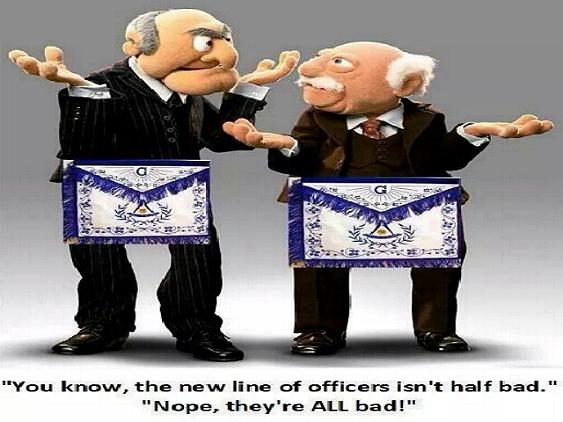
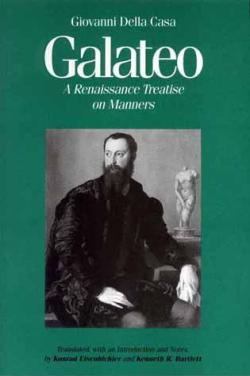 Della Casa described it as being a collection of “pleasant manners that (…) do not annoy any of the senses, nor the desires or the imagination of those with whom we live”.
Della Casa described it as being a collection of “pleasant manners that (…) do not annoy any of the senses, nor the desires or the imagination of those with whom we live”.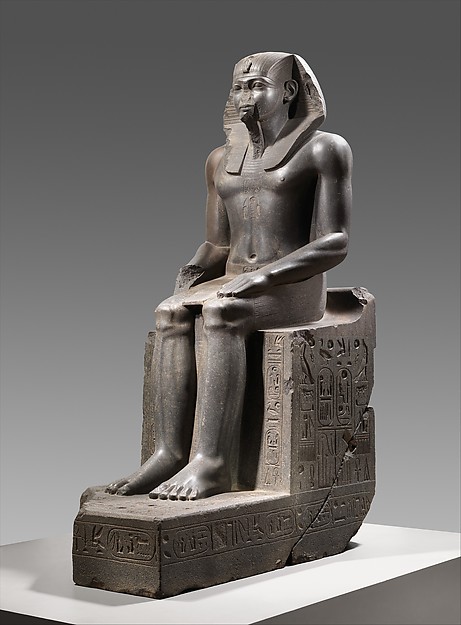 should be assumed and maintained throughout the ceremony. Mobile phone texting, chatting with your neighbour or nodding off are considered misbehaviour even in a common boardroom let alone the place of worship of the G.A.T.U.
should be assumed and maintained throughout the ceremony. Mobile phone texting, chatting with your neighbour or nodding off are considered misbehaviour even in a common boardroom let alone the place of worship of the G.A.T.U.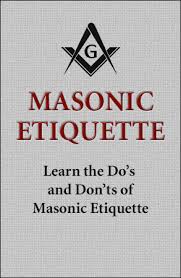 this subject in depth and they can be bought from dedicated Masonic retailers like Allan Publishing Ltd or even found stacked on a shelf or two at the “Letchworth’s” shop inside Grand Lodge in Holborn, London. But for the impatient reader a good list of rules on Masonic etiquette is published here:
this subject in depth and they can be bought from dedicated Masonic retailers like Allan Publishing Ltd or even found stacked on a shelf or two at the “Letchworth’s” shop inside Grand Lodge in Holborn, London. But for the impatient reader a good list of rules on Masonic etiquette is published here: 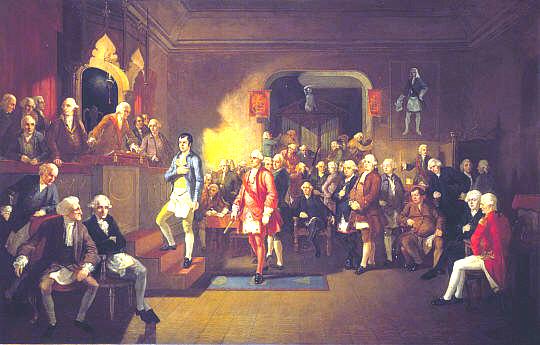
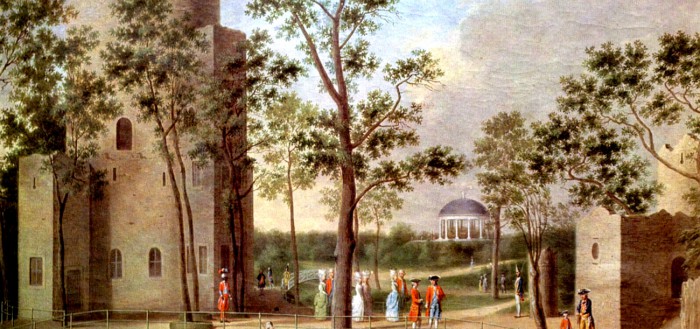
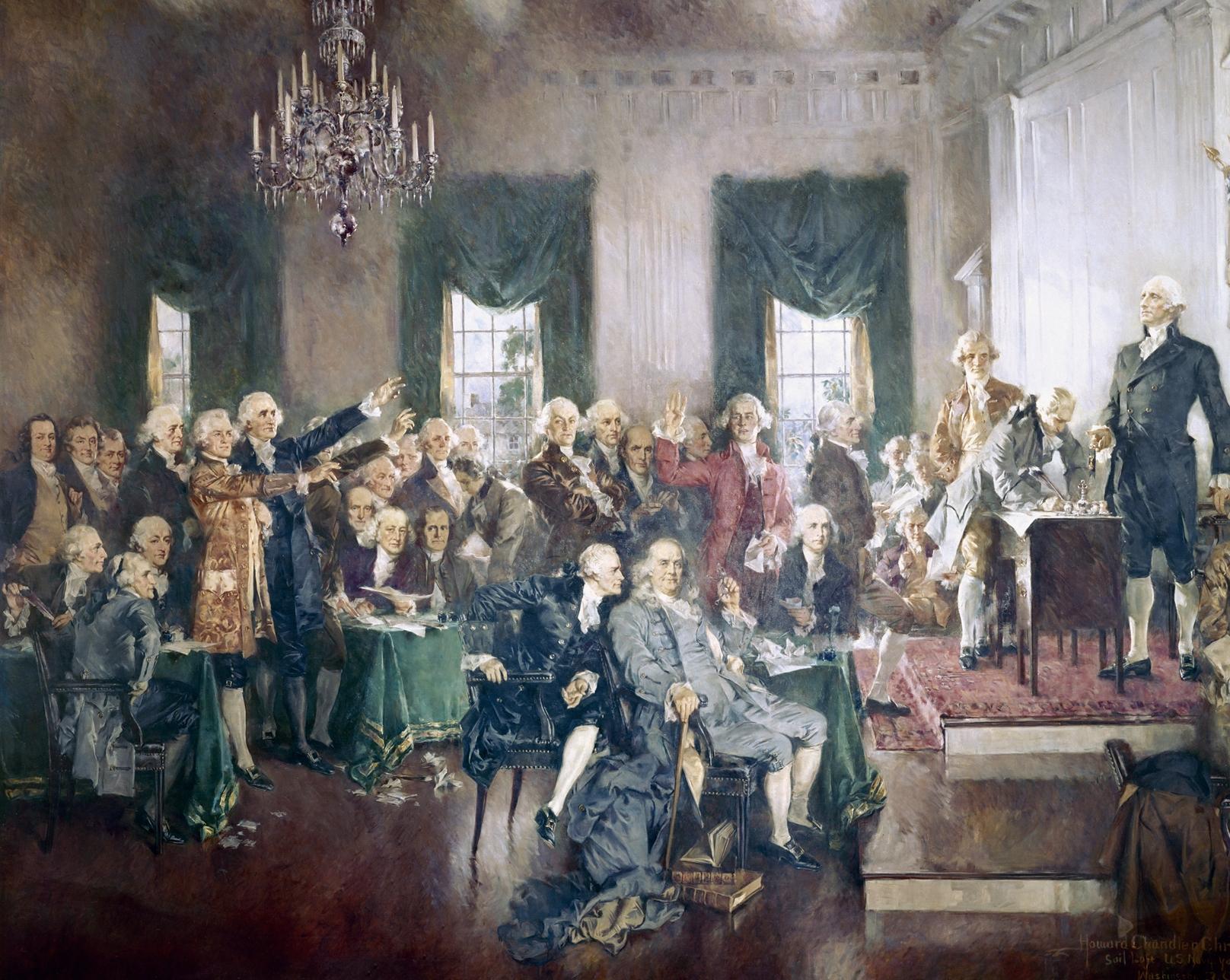
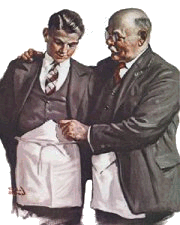
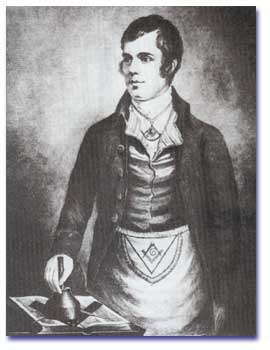
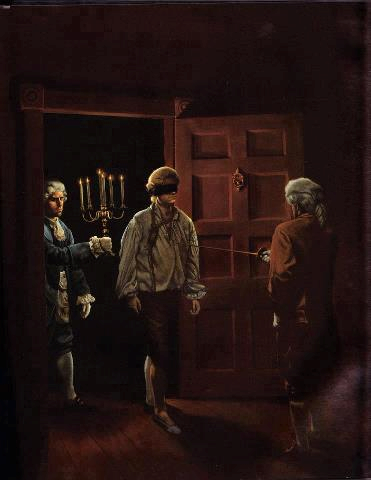
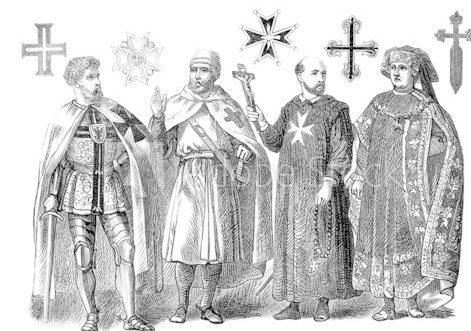
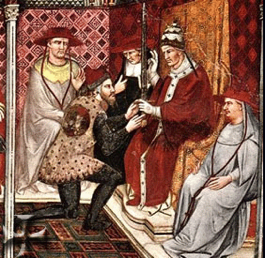 who had summoned the Council of Clermont, France, in 1095 and called for a war which had the intent of reclaiming the Holy Lands from the Muslims. Hundreds of minor princes, knights, vassals and tens of thousands of ordinary people took part in the Holy Wars, each with his own plan: the French knights wanted more land, the Italian merchants sought to add another good commercial opportunity to their portfolio, the common soldiers dreamed for glory and the peasants longed for freedom from the miserly life to which they had been doomed back home.
who had summoned the Council of Clermont, France, in 1095 and called for a war which had the intent of reclaiming the Holy Lands from the Muslims. Hundreds of minor princes, knights, vassals and tens of thousands of ordinary people took part in the Holy Wars, each with his own plan: the French knights wanted more land, the Italian merchants sought to add another good commercial opportunity to their portfolio, the common soldiers dreamed for glory and the peasants longed for freedom from the miserly life to which they had been doomed back home.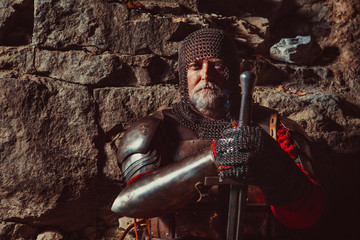 The full name of that Order was: “The Poor Fellow-Soldiers of Jesus Christ and the Temple of Solomon” and it was founded by two French knights – Hugh de Payens and Godfrey de St Omer- some twenty years after Jerusalem had been ransacked.
The full name of that Order was: “The Poor Fellow-Soldiers of Jesus Christ and the Temple of Solomon” and it was founded by two French knights – Hugh de Payens and Godfrey de St Omer- some twenty years after Jerusalem had been ransacked.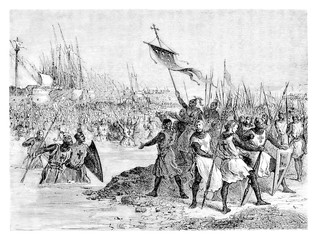
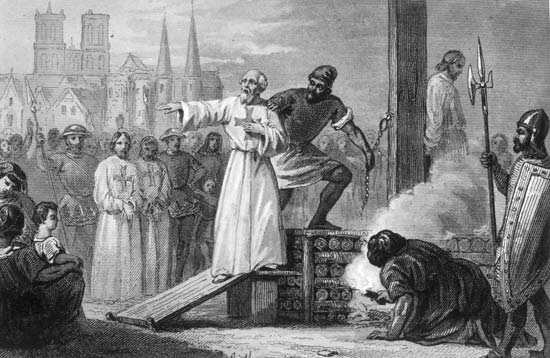
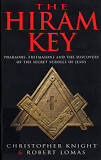 state that there is definitely proof of a great deal of excavation been made under King Solomon’s Temple which predates any investigation undertaken in recent history. The “Hiram Key” authors put forward the theory that the Templars must have discovered something under the Temple that completely changed their view of the world and of history.
state that there is definitely proof of a great deal of excavation been made under King Solomon’s Temple which predates any investigation undertaken in recent history. The “Hiram Key” authors put forward the theory that the Templars must have discovered something under the Temple that completely changed their view of the world and of history.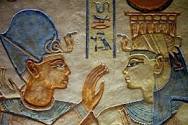 never believed in the miracle of the creation; they thought that the Universe had originated from Chaos which began to evolve only by accident. And that what we witness in our daily life is simply a war between the forces of Chaos and of Order.
never believed in the miracle of the creation; they thought that the Universe had originated from Chaos which began to evolve only by accident. And that what we witness in our daily life is simply a war between the forces of Chaos and of Order.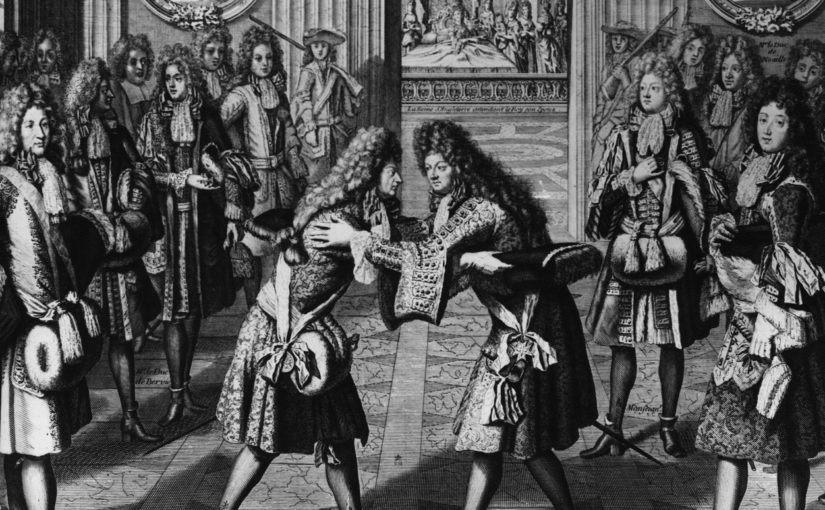
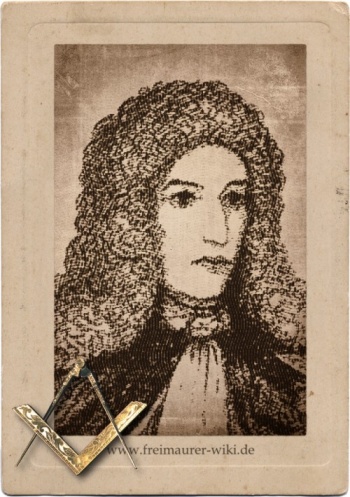 Destined to become one of the most romantic figures in the history of Freemasonry, Andrew Michael Ramsay was born in Ayr, Scotland, on June 9th 1686. He entered Edinburgh University at the age of 14 and studied classics, maths, theology and on finishing his studies he took up the position of tutor in the Earl of Wemyss’
Destined to become one of the most romantic figures in the history of Freemasonry, Andrew Michael Ramsay was born in Ayr, Scotland, on June 9th 1686. He entered Edinburgh University at the age of 14 and studied classics, maths, theology and on finishing his studies he took up the position of tutor in the Earl of Wemyss’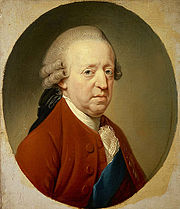 England after losing the crown to the protestant Prince William of Orange. From 1725 to 1728, Ramsay stayed as an invited guest of the Duc de Sully and it was during this period he wrote the famous novel The Travels of Cyrus which was published in 1727. It was a best seller in its day and served to establish the Chevalier’s reputation in England as well as on the Continent.
England after losing the crown to the protestant Prince William of Orange. From 1725 to 1728, Ramsay stayed as an invited guest of the Duc de Sully and it was during this period he wrote the famous novel The Travels of Cyrus which was published in 1727. It was a best seller in its day and served to establish the Chevalier’s reputation in England as well as on the Continent.